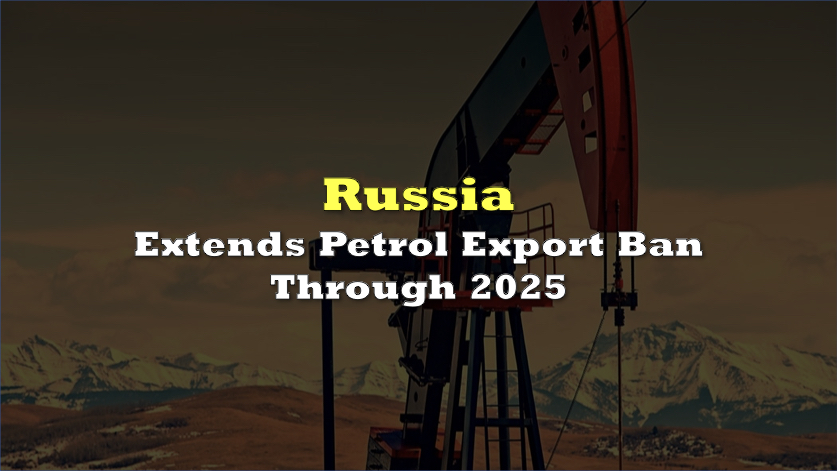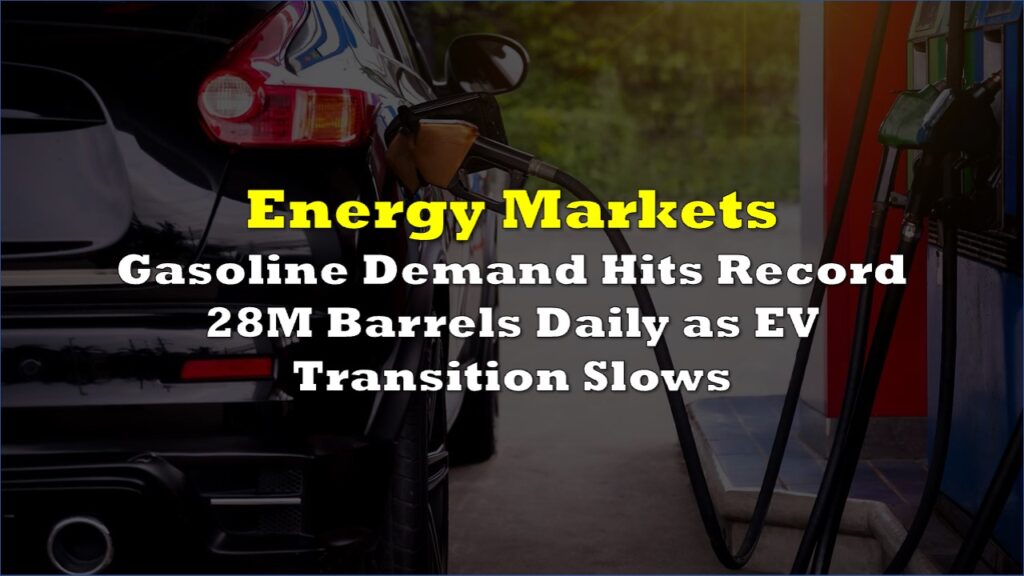Russia extended its nationwide ban on gasoline exports through the end of 2025 and imposed a partial diesel-export ban that targets non-producers only, Deputy Prime Minister Alexander Novak said.
The petrol ban covers both producers and resellers, with carve outs for intergovernmental agreements (like Mongolia), while the diesel curb excludes producers, whose pipeline shipments account for the bulk of exports.
About three-quarters of Russian diesel exports move via producers through the North and South pipelines to Baltic and Black Sea ports. Volumes shipped by independent traders are “relatively small,” according to the communique.
The move follows refinery outages after Ukrainian drone attacks that reduced Russian oil refining by almost a fifth on certain days and widened fuel shortages in multiple regions. In Moscow, Lukoil restricted gasoline sales in jerry cans at some stations, while Crimea’s regional head cited supply disruptions linked to refinery closures.
Following the news, the ICE low-sulphur gasoil premium to Brent climbed over 5% to $26.14, near a two-month high.
By the numbers, Russia produced more than 86 million tonnes of diesel in 2024, exporting around 31 million tonnes, placing it alongside the US as a top seaborne diesel exporter.
Officials did not announce curbs on other refined products such as aviation fuel or fuel oil in this package, and producer-shipped diesel via pipelines continues. Crude exports also continue but face a lowered price cap of $47.60/bbl effective early September under new mechanisms, while refined product caps remain at $100/bbl for high-value products and $45/bbl for low-value products.
Information for this story was found via Reuters and the sources and companies mentioned. The author has no securities or affiliations related to the organizations discussed. Not a recommendation to buy or sell. Always do additional research and consult a professional before purchasing a security. The author holds no licenses.









